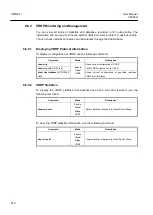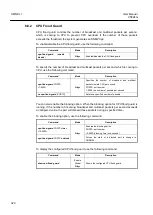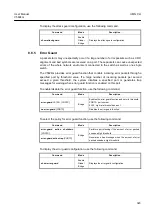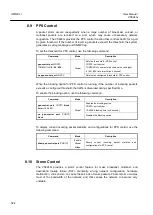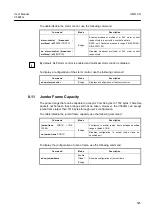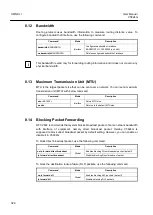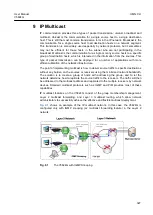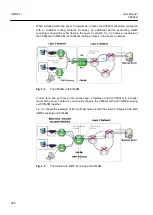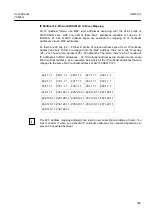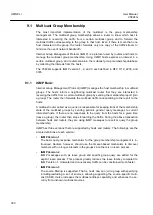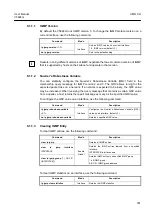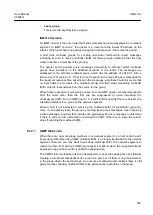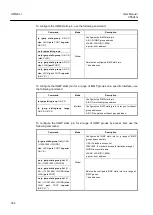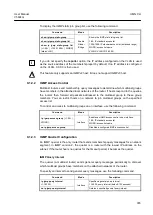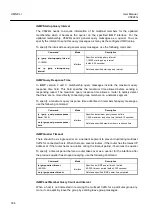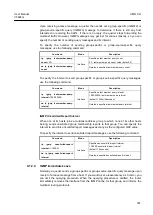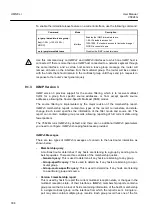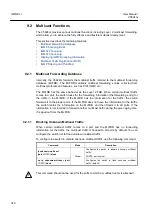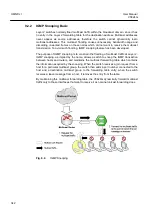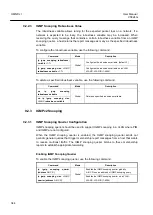
UMN:CLI
User Manual
V5824G
330
9.1
Multicast Group Membership
The most important implementation of the multicast is the group membership
management. The multicast group membership allows a router to know which host is
interested in receiving the traffic from a certain multicast group and to forward the
multicast traffic corresponding to the group to that host. Even if there is more than one
host interested in the group, the router forwards only one copy of the traffic stream to
minimize the use of network bandwidth.
Internet Group Management Protocol (IGMP) is a protocol used by routers and hosts to
manage the multicast group membership. Using IGMP, hosts express an interest in a
certain multicast group, and routers maintain the multicast group membership database
by collecting the interests from the hosts.
The V5824G supports IGMP version 1, 2, and 3 each defined in RFC 1112, 2236, and
3376.
9.1.1
IGMP Basic
Internet Group Management Protocol (IGMP) manages the host membership in multicast
groups. The hosts inform a neighboring multicast router that they are interested in
receiving the traffic from a certain multicast group by sending the membership report (join
a group). The router then forwards the multicast traffic corresponding to the report to the
hosts.
A multicast router called as a querier is responsible for keeping track of the membership
state of the multicast groups by sending periodic general query messages to current
interested hosts. If there are no responses to the query from the hosts for a given time
(leave a group), the router then stops forwarding the traffic. During the above transaction
between hosts and routers, they are using IGMP messages to report or query the group
membership.
IGMP has three versions that are supported by hosts and routers. The followings are the
simple definitions of each version:
•
IGMP Version 1
The basic query-response mechanism for the group membership management is in-
troduced. Routers, however, should use the timeout-based mechanism to discover
members with no longer interests in the groups since there is no leave process.
•
IGMP Version 2
IGMP messages such as leave group and specific-group query are added for the
explicit leave process. This process greatly reduces the leave latency compared to
IGMP version 1. Unwanted and unnecessary traffic can be constrained much faster.
•
IGMP Version 3
The source filtering is supported. That is, hosts now can join a group with specifying
including/excluding a set of sources, allowing supporting the source-specific multi-
cast (SSM). It also increases the multicast address capability, and enhances the se-
curity from unknown multicast sources.

